How To Start a Solar Farm In 5 Steps (With Pictures)
-
Codee Chessher
- Last updated:
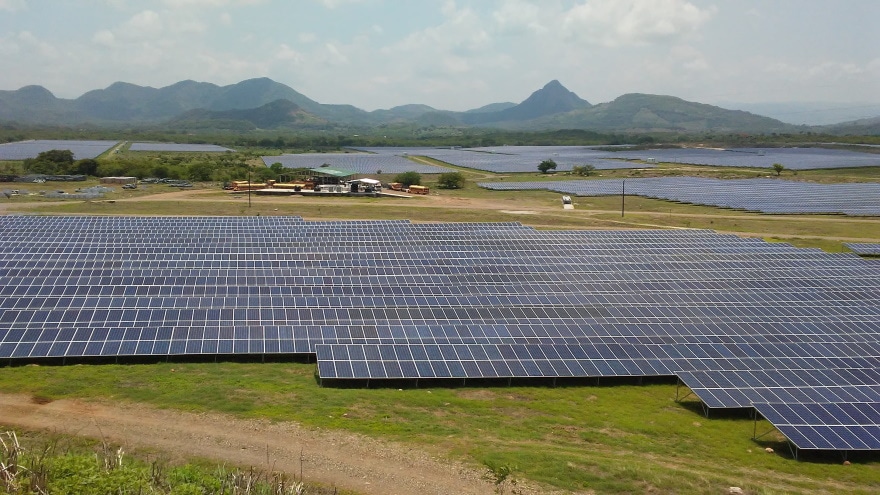
Everyone knows that solar power is exploding in popularity, but most of that focus is aimed toward putting panels on homes to supplement their power usage. What people don’t talk about enough are solar farms, which are large-scale solar systems designed to produce solar power to sell back to the power grid.
Solar farms can be as large or small as you wish, as long as you have the land, permission, and equipment. Let’s check out how to set up your own solar farm so you can begin reaping the benefits as soon as possible.
Different Types of Solar Farms
Think about solar farms like power plants — they take up a lot of space but produce a ton of electrical energy for nearby buildings. Solar farms help reduce dependence on fossil fuels and shift toward renewable energy sources that are more sustainable in the long run.
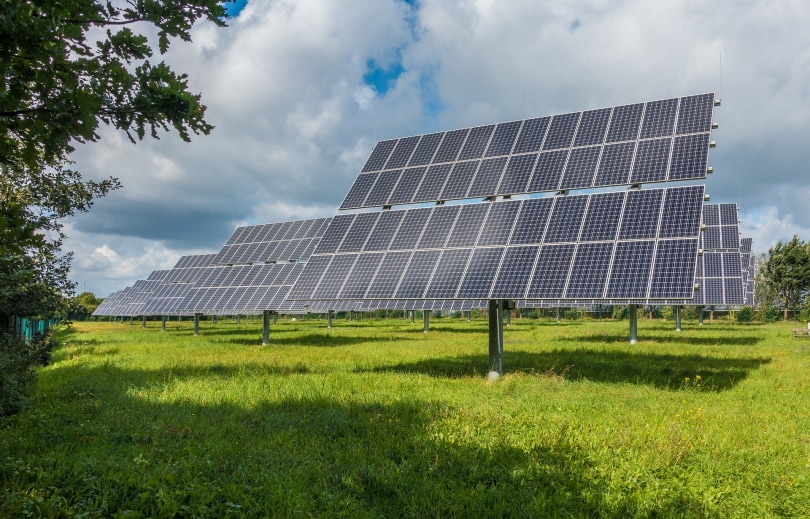
There are two main types of solar farms: utility solar farms and community solar farms. Utility solar farms are the bigger of the two, typically comprising many acres of solar panels. These solar farms sell their energy back to the grid and operate similarly to a power company, where they produce and sell electricity.
Community solar farms are a bit different in that they usually aren’t as large but primarily produce around 5 MW of electricity for the surrounding community. Residents who invest in the solar program see continual savings on their incoming electricity bills as a result.
Preparation
Hire a Solar Consultant
Because solar farms are usually for commercial purposes, you need to establish a business and overcome some bureaucratic hurdles before you actually get started. At the top of your list is hiring a solar consultant. Chances are you’re not doing the manual labor involved, but your consultant is vital because they know the technical and paperwork sides involved in starting a solar farm.

Register
Next, you’ll need to legally register your business. Your consultant can help advise you on which is the most efficient for tax and other purposes, but generally, you’ll register as either an LLC, C Corp, or S Corp. Each has different tax obligations and other bureaucratic processes that could form their own articles.
As a business, you’ll have to apply for an employer identification number, or EIN. This is often a simple process that simply informs the federal government of your intentions to form a business entity. In return, you get a unique social security-style number used for business purposes.
Get Insurance
Another responsibility is liability insurance. Depending on your locale, you will need to register for and carry insurance that protects you and your equipment. If something falls off the truck on the way to your land or something is faulty, for example, you’ll have recourse.

Apply for Permission Locally
Finally, you will need to apply for permission with your locality to operate a solar farm. This is highly individual to your area, but typically you need to negotiate for the right to sell electricity to the power grid.
Know The Land
It can’t be understated how essential it is to find a good plot of land to start a solar farm. There are numerous things to consider: how much sunlight the land gets according to the location, whether it’s agriculturally viable (which makes it more expensive and opens up other doors later), and whether there are trees or other natural features that pose obstacles to your solar farm.
We’d recommend about 20 acres to set up a decent solar farm, but your needs may vary. It makes more financial sense to set up solar farms in regions with lots of sunlight, rather than annually cloudy or rainy areas. Texas or Arizona would be way better than Oregon or Maine, for instance. Research weather patterns in various areas for a better understanding of where you would achieve the most profits.
Most solar farms are located on agricultural or industrial land, so it would be possible at some point to convert the land into either of those businesses. Bear this in mind if you may wish to get into either industry or agriculture later on.

How To Start A Solar Farm | Step-By-Step Guide
1. Buy Your Land
You’re registered as a business and scoped out the best spots to start a solar farm, so now it’s time to actually buy your land. For optimal suitability, the area should either lack natural vegetation or be easily cleared. You don’t want to cut down a forest just to set your solar farm up!
The other important part is whether the land is naturally flat or if it has hills and other natural features. Flat land is ideal for solar, but you’ll probably pay more for it. Your mileage may vary greatly. Consult a real estate agent and a lawyer to discuss your options.
An alternative to buying land is to lease the land, which may grant you more flexibility and reduce costs. Ensure that any leasing agreement is for at least 30 years, depending on your long-term plans.

2. Purchase Insurance & Equipment
If you haven’t already, you need insurance before you start buying your equipment. All risk insurance is recommended at this stage, but you can convert that into liability insurance once you’re all set up and operating. Discuss your needs with an experienced insurance agent to find a suitable policy for your solar farm.
Solar Farm Equipment You Need:
- PV solar panels
- Solar power inverters
- Rack/mounting systems
- Power grid connection equipment
- Monitoring & regulating equipment (to detect power surges and other abnormal occurrences)
- Solar batteries & power storage equipment
- Groundskeeping equipment
- Security systems, fencing, and other security measures
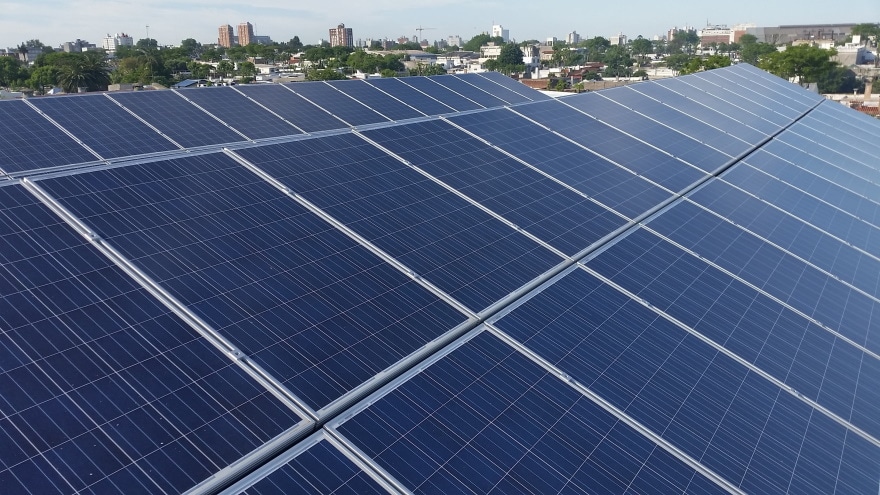
Your exact needs may vary slightly depending on your business plan and the scope of your farm, but that list covers the majority of what you’ll need. Ask your consultant if you need anything else not included on the list above.
3. Hire Employees
Even if you’re an experienced electrical or mechanical engineer, you’ll still need help to set up and maintain a solar farm. Many states require licensed engineers to perform solar installation, so you’ll have to read up on your local regulations.
Your needs will greatly vary depending on the scale of your business, but you have to consider the business from multiple perspectives.
At a minimum, you’ll need:
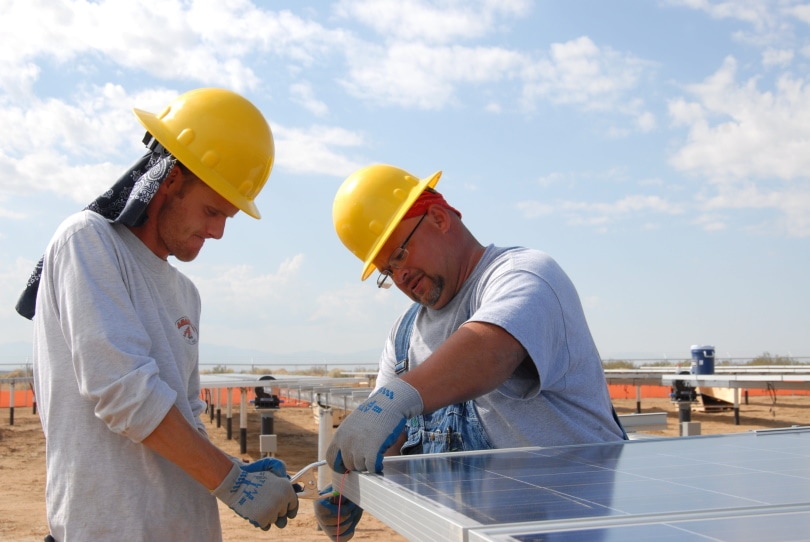
- Installation engineers
- Maintenance engineers
- Customer service representation
- Groundskeeping
- Security
Again, we suggest discussing your business strategy with your solar business consultant to find what will work best and tailor your approach moving forward.
4. Construct Your Solar Farm
Now that you have your payroll set up, paperwork done, and equipment delivered, you have to build your solar farm. If you use contractors for installation, it’s best to use an established and experienced business. As a rule of thumb, the fewer contractors involved in a project, the better. More contractors mean more paperwork, meetings, fees, and so on.
Be prepared to deal with government inspectors after installation and before you can start operating. They will inspect your wiring, construction, permits, and other relevant paperwork before they clear your solar farm. You and any engineers that performed the installation will need to be present to answer any questions the inspectors have.
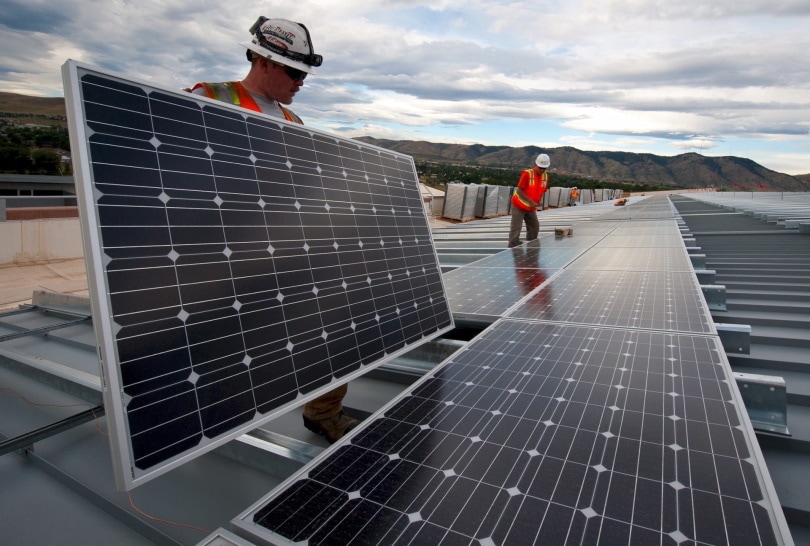
5. Monitor & Tailor Your Business
Any successful business monitors what they sell and continuously finds new ways to attract investment. Investors are the lifeblood of any business, and they want to make sure they get a return on their investment. Whether this is the local community buying into your solar farm to see reduced power bills or more commercial investing options depends on your business plan.
You may also be interested in:
- How Often Should I Change the Differential Fluid in My Car?
- What Is The Cost To Replace a Driveway? What You Need To Know
Featured Image Credit: Piqsels
Contents
